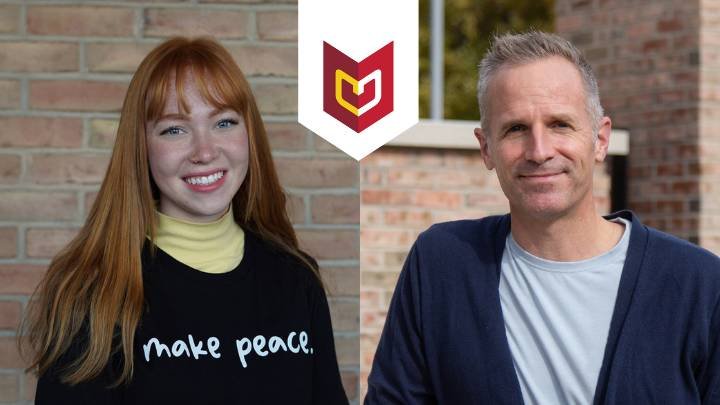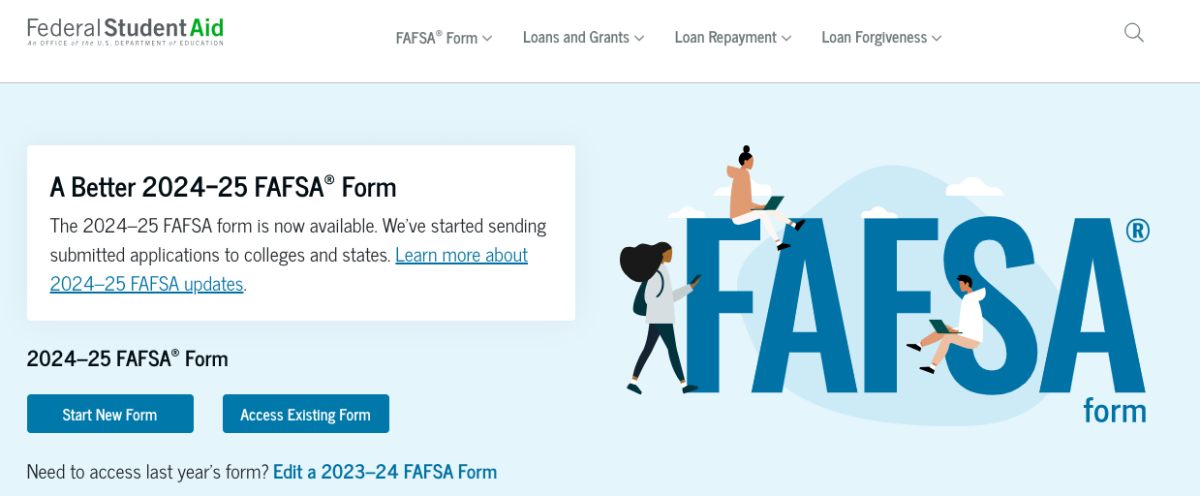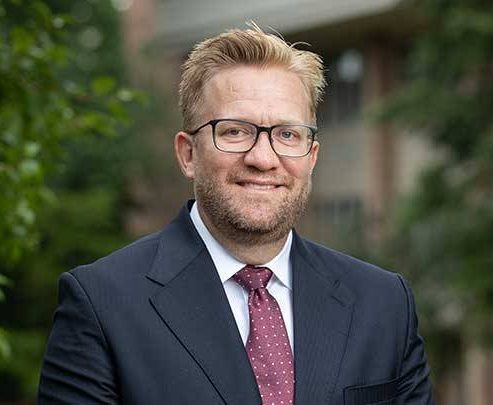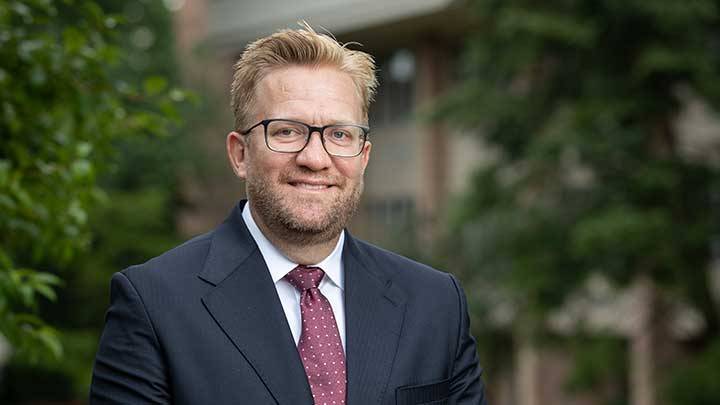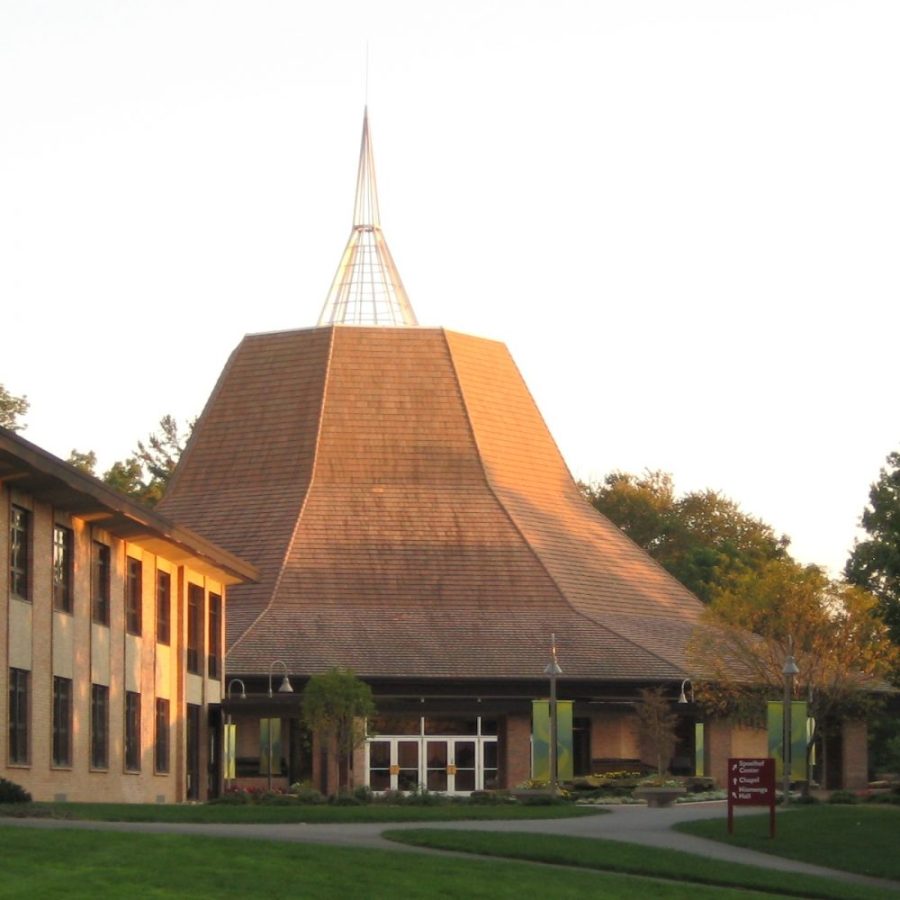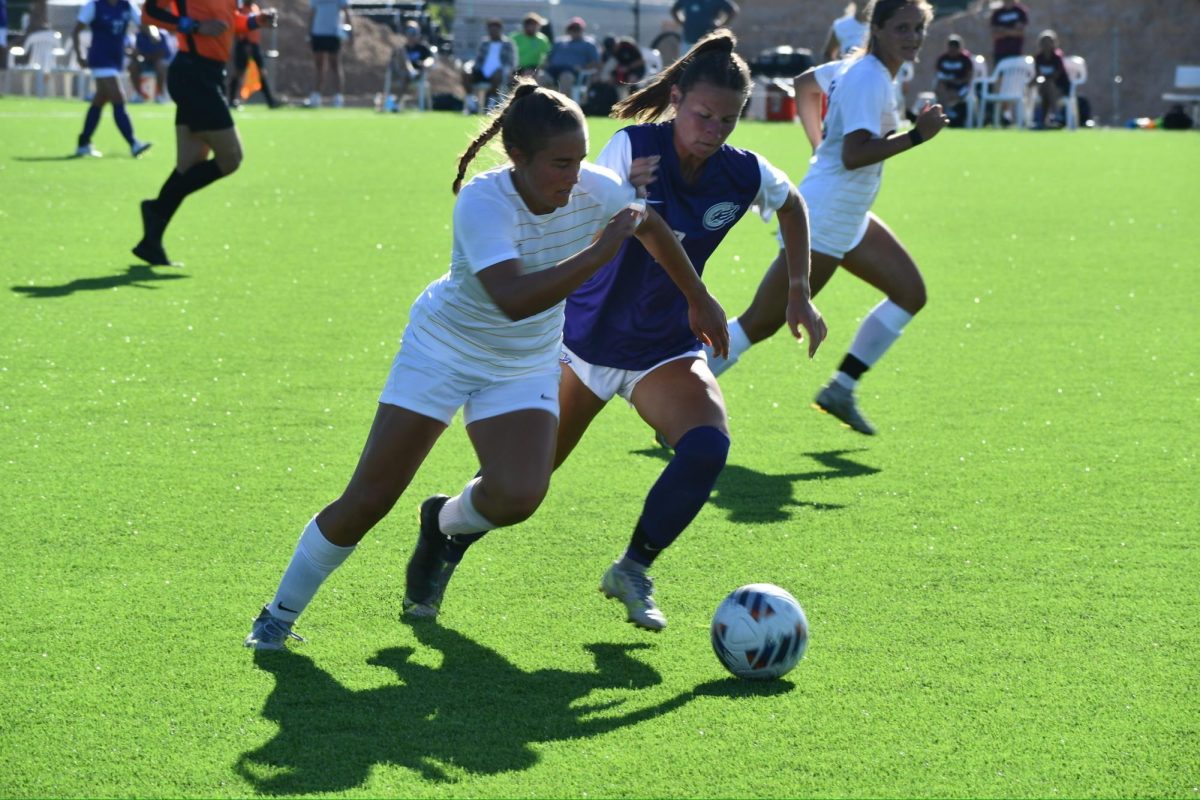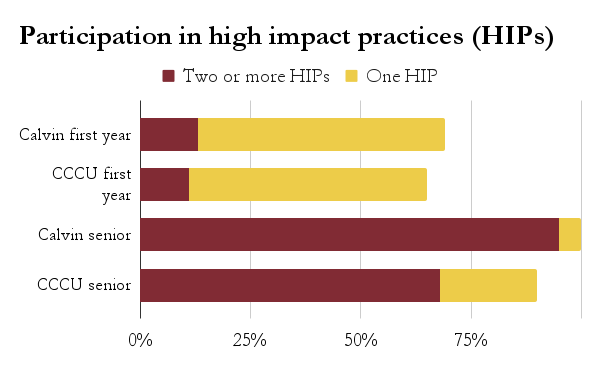This fall, recent Calvin grad Emily Steen and sociology professor Mark Mulder published a report on their study of re-entry services in West Michigan.
The study focused on students from the Calvin Prison Initiative (CPI) who have since been released and re-entered life outside prison. It was funded by the Hatfield Prize, which is awarded annually by the Center for Public Justice (CPJ) to three Christian student-faculty pairs to “conduct research on policies that impact vulnerable children, families, and communities,” according to a press release from CPJ.
Mulder told Chimes that Steen “took the lead” on the research while he helped with editing and getting approval from the institutional review board (IRB), which is “pretty typical” for Hatfield Prize research teams.
According to Steen and Mulder’s report, the researchers conducted 15 semi-structured interviews with formerly incarcerated CPI students to “identify needs among the returning CPI population.” Those needs include social integration, employment, housing and mental health support, the report concluded. The study also considers what “institutional collaboration” might look like for Calvin University to meet these needs for CPI students.
According to Mulder, Steen’s original research proposal was going to focus on whether it was the education or the “network connections” gained from the experience that most benefited returning citizens who had participated in prison education programs. However, the study’s focus shifted to reflect the challenges faced by all returning citizens — even those who hold an undergraduate degree.
Participating in a program like CPI offers returning citizens some advantages. In addition to giving students an educational foundation, “there are a lot of good Calvin connections and networks for us to tap into,” said Mulder.
However, according to a study quoted in the report, those who go through prison education programs are only eight percent more likely to find employment after their release. Steen told Chimes in an email that CPI graduates are “not all that different” from other returning citizens “when it comes to discriminatory policy and systemic exclusion.”
“The liberal arts degree isn’t some kind of magic cure-all to reintegrating,” said Mulder.
In addition to discrimination, one challenge faced by many returning citizens, according to both Mulder and CPI program coordinator Jake Aupperlee, is the fact that prison is a “total institution” where prisoners have nearly all their decisions made for them. “When you are in a total institution, you become dependent on it,” said Mulder.
Living within a total institution may also mean incarcerated individuals have been cut off from life outside the prison; this lack of connection proves challenging for returning citizens. Mulder, who teaches classes at the Handlon campus, said some students who have the prospect of probation are “scared” because “they have no idea…what the world is like outside those walls.”
“When a guy comes out of prison, if he’s been in prison for 20 years, he hasn’t been able to maintain normal relationships in person for a long time,” said Aupperlee.
This leads to a need, according to Steen and Mulder’s report, for “wraparound services,” which are not always present. Aupperlee said CPI itself currently offers mainly academic and scholarship support for returning citizens, but CPI has “done a lot of partnering with local organizations.”
Steen told Chimes that she “cannot recommend strongly enough” that there needs to be a “separate re-entry entity” to help returning citizens. “Gaps in existing reentry care isn’t the fault of the CPI,” said Steen. “Calvin needs to provide more personnel and resources that are specifically designated for reentry programming.”
According to Aupperlee, Fresh Coast Alliance –– based in Muskegon –– is “the best of anybody in this area” at offering complete wraparound services. In Grand Rapids, a number of programs provide housing or other services to returning citizens, but they don’t provide housing, employment, healthcare and mental health support at the same location, according to Aupperlee.
“Often the hardest part for guys getting out of prison is connecting those dots and actually, even if the resources are there, they might not know about it or they don’t know how to access them,” Aupperlee told Chimes.
CPI, according to both the report and Aupperlee, was not originally envisioned as a re-entry service. “Our program has always been focused on guys who are going to be in prison for a long time,” said Aupperlee. “ We didn’t plan to have guys coming out of prison.”
However, both Aupperlee and Mulder said that it is likely that even more incarcerated people — including Handlon students — will be leaving the prison system in coming years due to changes in Michigan legislation. “With sentencing reform gaining traction, the prospects are that we’re going to probably be seeing more Handlon students returning on the Knollcrest campus,” said Mulder.



